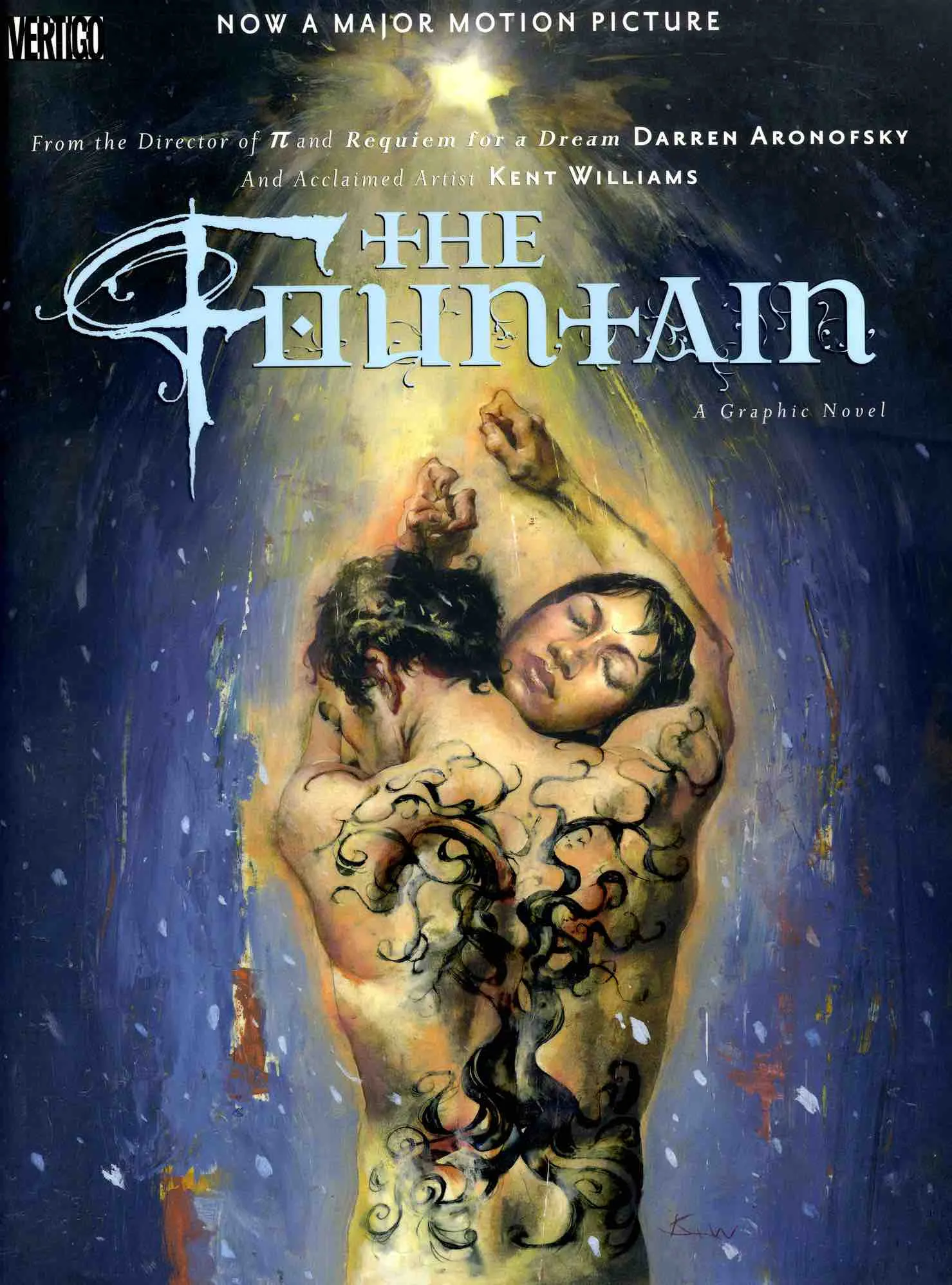The invisible is the foundation of total belongingness: When we feel like we belong and are at home, we are happy, healthy and in good spirits. Without our sense of belonging, we feel anxious, sad, depressed, disengaged, and negative.
In the struggle to locate our identity, we can limit our awareness of who we are. We become prisoners of our own identities, which is usually the result of trying to fulfill our parents’ or society’s expectations of us.
It takes wisdom and intelligence to become an invisible expert, and this is not only to create a safe space for self-knowledge, but also to create safe spaces for others to be able to be themselves.
Imagine all the different spiritual and emotional benefits when we do not see or know about another’s stories, feelings, anxieties or challenges.
Imagine how freeing it would be for a Buddhist monk or a leader to have all their body, thoughts and speech remain invisible to everyone, including themselves.
How liberating would it be to know your gifts and be free from the burden of being in constant search of knowledge or validation, simply knowing that you are a gift to yourself and the world, and you matter to you.
As the Torah tells us: “You have been born for such a time as this” (Ecclesiastes 3:11). We have been given the gift of life to explore our true identities, free of expectations and limitations, to finally reach out into the unknown to create the power and joy of the divine within.
In a world that seems to be in constant change and evolution, it is easy to feel alone and afraid. Yet we are never alone, and it is always safe to be true to ourselves.
There is power in transforming into the master of our own universe. In the words of the Buddha: “The job of a bodhisattva is not to be a creator, but to create a creator.”
In the depths of our souls, the divine resonates with us, nudging us to release our inner monologue of fear and the unconscious power it holds over us. Each and every one of us has within us the potential to embody divine love and compassion for ourselves and all of creation, and in the embodiment of this divine potential, we ignite our own personal power.
Gather the courage to become the master of our own universe and to discover the true magic that dwells within.





































